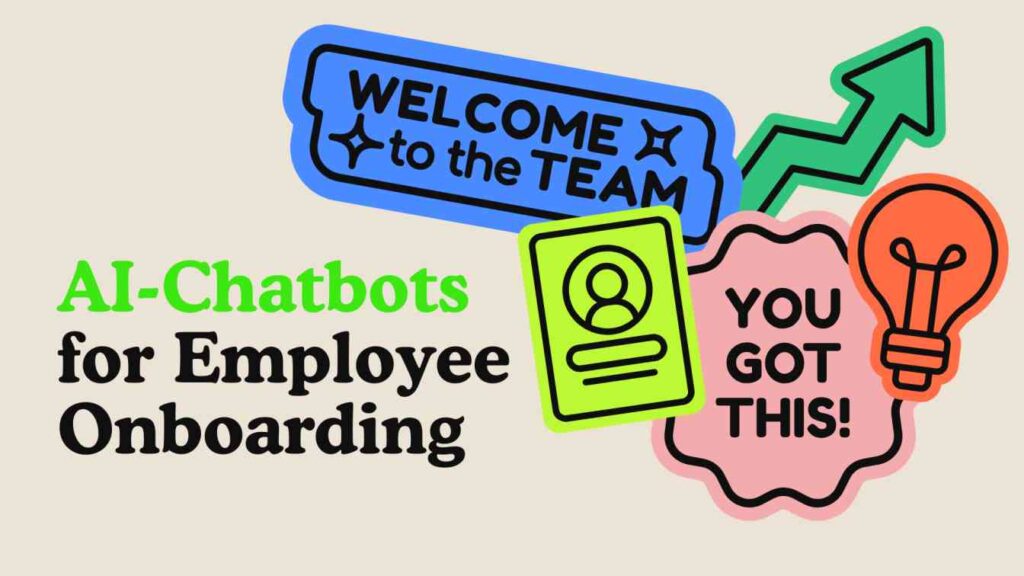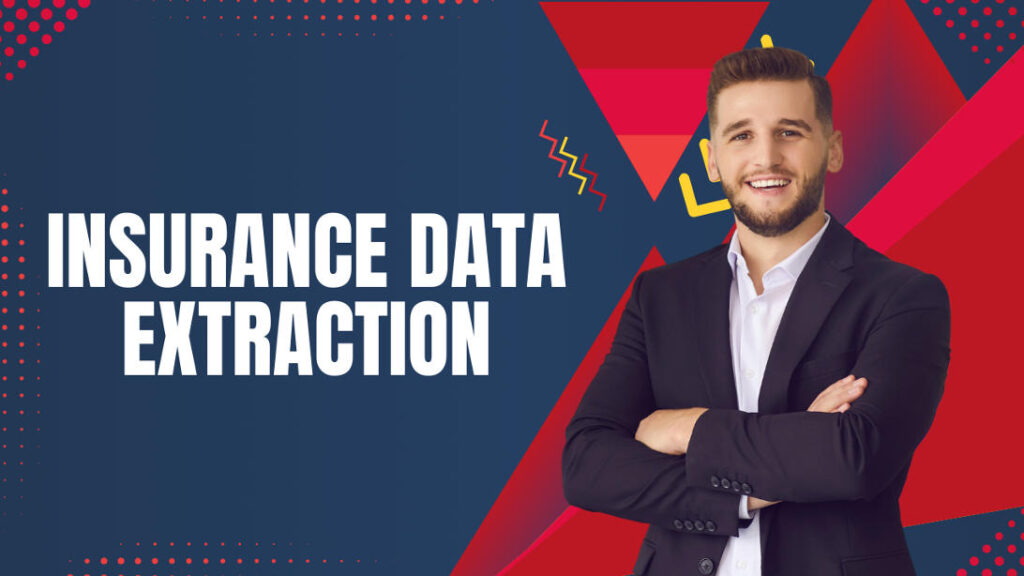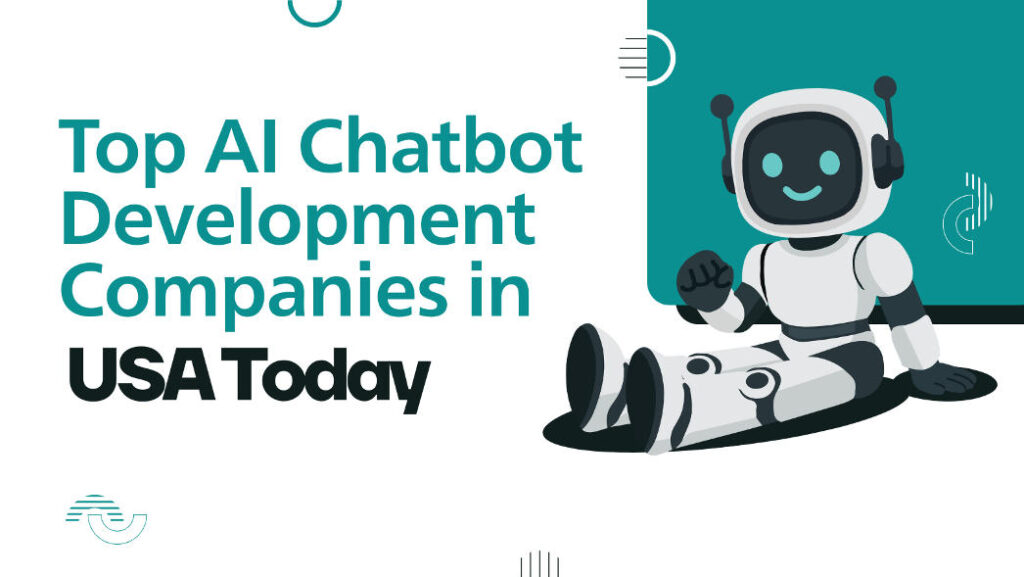An Artificial intelligence-powered robot can also provide a one-touch solution, smoothen HR procedures, and provide personalized services, which the new-age employee wants in this stormy time of Business. As the use of AI chatbots as service providers increases, businesses are utilizing AI chatbots to streamline productivity, ease HR procedures, and provide 24/7 availability.
According to research offered by Gartner, it is estimated that by 2027, 3/4th of companies will be equipped with AI-powered chatbots to serve as the first point of contact for their tenderers and employees. However, AI chatbot development services are now popular; with the rise of Microsoft Chatbot GPT and OpenAI’s natural language processing for chatbots, they can create intelligent, self-learning bots that may change how we work forever.
Why Are Staff Members Turning to AI-Powered Chatbots in Support?
1) Revolutionised Efficiency:24/7 Availability & Speedier Query Resolution
While the traditional HR and IT support desks are continuously flooded with the same questions over and over. AI-powered bots can also field responses to routine questions — payroll questions, I.T. troubleshooting, and leave policies, freeing human agents to devote themselves to more complex inquiries.
An AI chatbot is, after all, a virtual assistant (VA) which can be trained to follow the rules and is available 24/7, Moveworks found last year that employees who used AI chatbots to answer HR and IT queries, on average, had theirs solved 80 per cent faster than those who performed traditional methods. Chat GPT: You may be integrated with Microsoft Chatbot GPT or use other OpenAI models that provide you real-time data from the enterprise knowledge bases, getting you timely and accurate answers without human intervention.
2) Custom Employee Help
AI-powered chatbots don’t just automate responses — they personalize them. Chatbots can provide targeted suggestions across:
- Onboarding help — like advice on completing human-resources forms and learning about company policies.
- Training and development – recommending learning modules based on job roles.
- Wellness support — linking employees to mental health resources and stress management techniques.
According to Deloitte’s research, 62% of employees prefer their HR chores to be handled by AI (chatbots) since the wait times drop and data are available in an instant.
Top Benefits of AI Chatbots for Employee Support
1. Cost Reductions & Efficiency Improvements
HR and IT help fulfil operations that consume millions in business taxes annually. AI chatbot development services help save companies up to 30% of their cost as a McKinsey report suggested. AI chatbots handle repetitive tasks and allow HR and IT teams to spend their time on strategic initiatives.
Plus, the AI-powered bot can also reduce human error and improve operational efficiency. Companies that use AI-led chatbots in their workflow reports:
- 50% reduction in IT support requests
- 40% faster issue resolution
- 35% of employees reported feeling positive
2. Smooth Integration with Business Software
Today’s organizations do workflows using a bunch of tools — Slack, Microsoft Teams, ServiceNow, and SharePoint. Your new Chatbot with OpenAI integration is capable of connecting with these platforms like a breeze, ensuring smooth communication and information retrieval.
Moveworks, for example, integrates this chatbot from Openai, which is an AI-guided chatbot, into Microsoft Teams that enables employees to help resolve IT issues, access company resources and, yes, even reset passwords without leaving the chat.
3. Artificial Intelligence for Employee Feedback & Engagement
AI-powered chatbots are being deployed for employee engagement surveys and feedback gathering. Instead of completing tedious forms, workers can just message a bot, offering on-the-spot input about office conditions.
According to HR analytics firms, firms using AI chatbots for engagement surveys have a 40% higher response rate than those not using chatbots. These insights allow HR teams to tackle concerns and increase overall workplace satisfaction proactively.
How Companies are Using AI-Powered Chatbots
1. HR Automation & Employee Onboarding
AI chatbot development services have transformed the HR procedures of companies like Hitachi and Texans Credit Union. By automating the onboarding process, these organizations have reduced onboarding time for new hires by more than 60%.”
With AI-powered bots, employees can accomplish steps in the onboarding process, get training recommendations and even schedule meetings—without having to go through HR.
2. IT Support and Helpdesk Automation
Organizations are using chatbots from OpenAI itself to reduce IT helpdesk activities. Organizations such as JPMorgan Chase have implemented enterprise-scale AI assistants that manage more than 500,000 employee inquiries per month, alleviating the burden on IT teams.
Key features include:
- Instant password resets
- Troubleshooting IT issues
- Software access requests
3. Internal Communications & Collaboration
AI-driven chatbots are revolutionizing internal communications by automating announcements, reminders, and policy changes. Chatbots have many capabilities for businesses that use them for internal messaging:
- Reduction of HR email volume by 50%
- 30% increase in employee engagement
How to Create AI-Powered Chatbots Without Coding?
That’s because one of the strongest barriers to the widespread adoption of chatbots has been the technical knowledge necessary to develop one. But, Building AI-powered chatbots without programming / low code development services has changed the game.
No-code platforms now provide drag-and-drop interfaces, common AI models and smooth API integration — enabling HR teams, IT managers and business leaders to build AI-powered bots without deep coding skills.
Addressing the Challenges of AI Chatbots in Employee Support
AI chatbots have many benefits but also possible challenges:
Employee Trust & Acceptance – Concerns about data privacy are prevalent among many employees encountered with AI. On the other hand, mitigating these concerns would mean that a transparent AI policy and strong security measures are well-established.
Integration Complexity – AI-enabled chatbots need to be integrated seamlessly with the existing enterprise software, which again might need expert software development services.
Accuracy & AI Bias – Making sure that chatbots are giving accurate, unbiased responses is important. Training with larger and larger streams of different data can help the AIs become better.
Can AI Chatbots Become the Future of Employee Support?
AI-powered chatbots aren’t just some high-flying feature: They’re a business imperative. AI chatbot development services will also help the companies scale and serve customers in better ways, which will allow the companies that adopt these AI tools now have a competitive advantage in terms of efficiency, cost reduction and employee experience.
Employing the likes of OpenAI, Microsoft Chatbot GPT, and other advanced technologies, businesses can create sophisticated AI-powered bots that learn, adapt, and improve workplace interactions over time.
Final Thoughts
AI’s role in aiding employees will only continue to grow, with chatbots set to become more intelligent, personalized, and integrated into workplace ecosystems. From growing AI-powered chatbots without writing code to leveraging software application development services for enterprise-scale solutions, businesses that adopt AI in the present will pave the way for the future of the workplace.
If your enterprise is hoping to future-proof these areas, AI-driven chatbots are the way to go.




